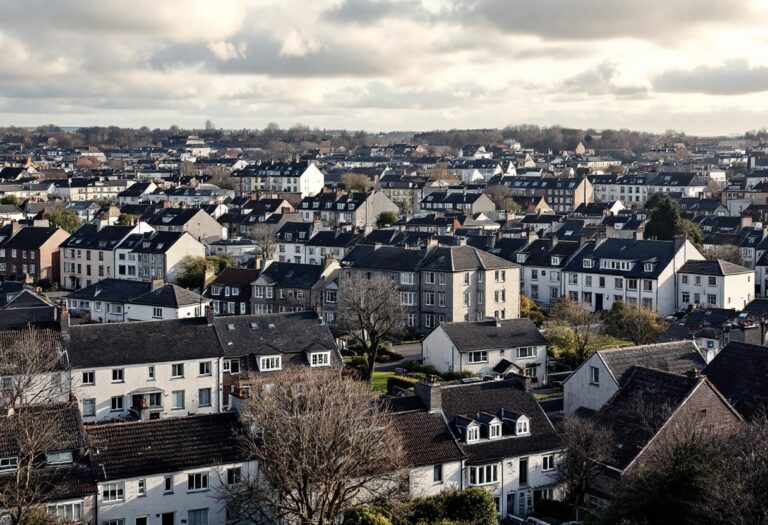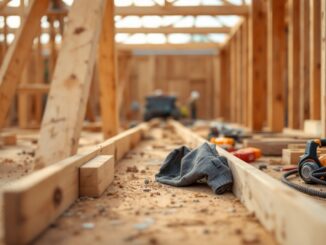Inverness locals express frustration over potential 35% council tax increase by 2030.

Topics covered
Inverness, a city known for its stunning landscapes and rich history, is facing a significant challenge as local authorities propose a steep increase in council tax. Residents are expressing their discontent over plans that could see council tax rise by as much as 35% by the end of the decade.
This proposal is part of the Highland Council’s efforts to address a staggering £100 million deficit, the largest among Scotland’s 32 local authorities.
Understanding the financial implications
The Highland Council’s Medium Term Financial Plan outlines a strategy to manage this deficit, projecting a minimum annual increase of 5% in council tax until 2030, with an additional 2% increase each year.
This financial strategy is aimed at securing funding for the ambitious £2.1 billion Highland Investment Programme (HIP), which spans over twenty years. However, many residents are questioning the necessity and fairness of such a steep increase.
Residents express their frustrations
As news of the proposed tax hike spread, local residents took to the streets to voice their opinions. H. Stevenson, a 32-year-old Dalneigh resident, articulated the sentiments of many when she stated, “We’re already paying an absolute fortune, and now they are asking for more.” She highlighted ongoing issues such as potholes, suggesting that the council’s spending priorities may not align with the needs of the community.
Others echoed her concerns. Simon Sim, 67, described the proposal as “criminal,” while Martin Hamill, 45, emphasized the pressure it places on working individuals. “Inverness is a city for tourists, but the council has forgotten about the locals,” he lamented. This sentiment was shared by many who feel that their contributions are not reflected in the services they receive.
Mixed reactions from the community
While the majority of residents expressed strong opposition to the proposed increase, some acknowledged the financial challenges facing the council. Fiona R., a local resident, stated, “I’m not happy about it and I don’t want to pay more money, but I think it’s something that has to be done.” This highlights a complex dilemma where residents recognize the need for funding but are wary of the burden it places on their finances.
Young families, in particular, are feeling the strain. Craig and Vicky Bromley, parents of a young child, voiced their concerns about the financial pressures already facing families. “Nursery fees are like a mortgage, so if you add more council tax to all that, it doesn’t help,” they remarked. This sentiment resonates with many who are struggling to balance rising costs of living with stagnant wages.
Conclusion: A call for transparency and accountability
As Inverness residents grapple with the implications of the proposed council tax increase, there is a clear call for greater transparency and accountability from local authorities. Many are demanding to know how the funds will be utilized and whether the proposed increases will genuinely lead to improvements in local services. The Highland Council has yet to respond to these concerns, but the voices of Inverness residents are growing louder, urging for a reconsideration of the proposed tax hike.




